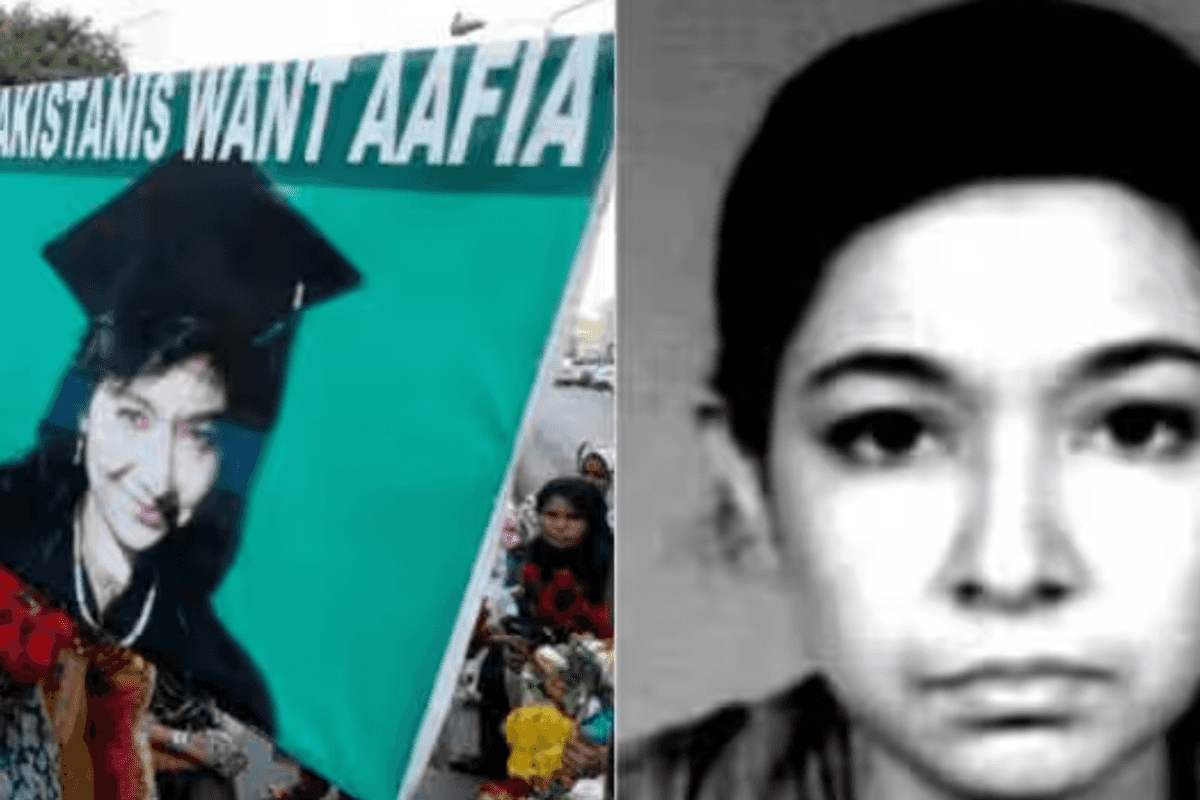Pakistan court to hear Aafia Siddiqui case on Sept. 10
Pakistan’s PM and Cabinet face contempt charges in expanded Aafia Siddiqui repatriation case
Ali Hamza
Correspondent
Ali; a journalist with 3 years of experience, working in Newspaper. Worked in Field, covered Big Legal Constitutional and Political Events in Pakistan since 2022. Graduate of DePaul University, Chicago.

A Pakistani court will hear the case of Dr. Aafia Siddiqui, a Pakistani neuroscientist imprisoned in the United States, on September 10.
The Islamabad High Court on Friday formed a four-member bench to review the government's role in efforts to secure her release.
The proceedings also include a contempt of court petition against Prime Minister Shehbaz Sharif and members of his Cabinet.
The expanded bench, headed by Justice Arbab Muhammad Tahir, also includes Justices Khadim Hussain, Azam Khan, and Raja Inam Ameen Minhas.
The judicial expansion followed a formal request submitted earlier this week by Justice Minhas to Chief Justice Aamer Farooq.
Justice Minhas cited the “sensitive and high-profile nature” of the case, which has drawn sustained public attention and political scrutiny.
The case centers on the Pakistani government’s lackluster role in securing the release and repatriation of Siddiqui, who is currently serving an 86-year sentence in a U.S. federal prison.
Siddiqui was convicted in 2010 by a U.S. federal court of attempting to kill American personnel in Afghanistan.
Since then, her incarceration has remained a controversial issue in Pakistan, sparking public demonstrations, political commentary, and demands for diplomatic intervention.
Several petitions filed with the Islamabad High Court accuse the Pakistani government of inaction and urge more decisive measures for her return, citing both human rights concerns and the state’s duty to protect its citizens abroad.







Comments
See what people are discussing